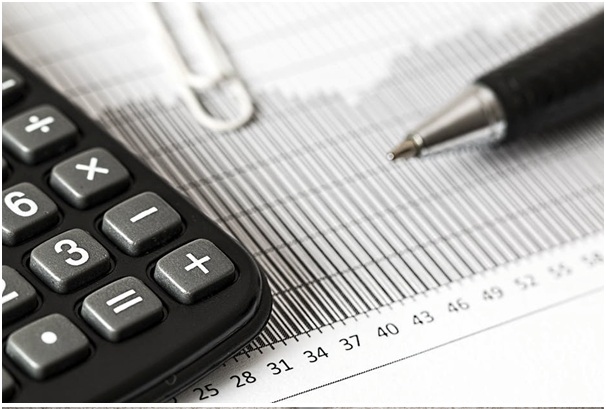You’ve recently moved to Australia and are loving the fun of living overseas. However, have you taken the time to think about your Australian tax rates?
The Australian tax system might work differently than your home country’s, so it’s important to know how Australian tax rates work and what they mean for you. Tax in Australia is overseen by the ATO or Australian Taxation Office.
To find out more, keep reading to find out the answers to the most common questions about Australian tax.
What Are the Australian Tax Rates?
Before filing your taxes, it’s helpful to know the Australian income tax rates—these dictate how much tax you’ll need to pay. Like in most countries, the higher your income, the more tax you need to pay.
These are the taxes as they apply to Australian residents for tax purposes. Even if you’re not a citizen or permanent resident, you’re generally considered a tax resident if you’ve been living in the country for at least 183 days during the year.
Here are the 2020/2021 tax tables for residents. However, these are likely to change from year to year.
- Income of $0–$18,200 is not taxed
- $18,201–$45,000 is taxed at 19 cents for each $1 over $18,200
- $45,001–$120,000 is taxed at $5,092 plus 32.5 cents for each $1 over $45,000
- $120,001–$180,000 is taxed $29,467 plus 37 cents for each $1 over $120,000
- $180,001 and over is taxed $51,667 plus 45 cents for each $1 over $180,000
These tax rates apply to all of the taxable income you earned during the 2020/2010 financial year. If you’re not sure which money counts as taxable income, it might help to discuss with an accountant.
In addition to income, you might also need to pay tax on interest earned, capital gains, or overseas properties that you might own.
When Do I Need to File My Australian Taxes?
The Australian financial year, or tax year, runs from 1 July to 30 June of the following year. Over that 12 month period, you’ll need to file your taxes after July 1st.
Tax returns need to be filed by 31 October. If you need to request a deadline for any reason, your accountant might be able to do this for you.
Throughout the year, it’s important to keep track of all tax paperwork that you’ll need for filing. This includes your PAYG statement from your employer, which outlines how much money you earned during the year and how much tax you’ve already paid. (https://www.classicsofttrim.com/)
Also, think about any deductions you’ll want to claim—you’ll want receipts for any donations or deductions you made during the year.
How Do I File My Taxes?
When tax time rolls around, you have two options: file your taxes directly with the ATO or file through a tax agent.
If your taxes are simple and straightforward, and you’re confident to do them yourself, then you can file them directly. This option is also free, so it doesn’t cost you anything but your time.
Or, if your taxes are more complex, or you’re not comfortable doing them yourself, you might want to work with a tax agent or accountant. They can help you file and will go through all of your possible deductions, helping you save as much as you can.
If you’re self-employed or run a small business, working with an accountant might be helpful, since you might qualify for additional deductions.
You’ll want to estimate how much tax you owe before you get started, so these tax calculators can help. If your employer deducts tax from your monthly paycheck, rest assured that your tax bill will likely be low—you might even get a refund.
How Can I Save Money on My Taxes?
Not everyone looks forward to tax time, so you might be curious about ways to lower your tax bill. Luckily, there are many tax deductions that might help, so take the time to learn which deductions apply to you.
If you made a donation during the year to a charity, this is tax-deductible as long as it’s over $2.00. To claim, just be sure you have a donation receipt.
You can also claim deductions for a number of work-related expenses. If you need to purchase a work uniform, pay for dry cleaning, or travel for various work sites, these expenses might qualify.
Or, if you work from home, part of your home office expenses can be deducted. This can include your phone bill and home internet connection.
If you purchased a new computer or other electronic item, solely for work purposes, these can be a deduction as well.
There are plenty of other deductions to consider, such as self-contributions to your superannuation fund, or even the fee you paid to have your taxes done in the previous year.
Just be sure to only claim deductions that are genuine, as you don’t want to risk an audit by the ATO.
Use This Guide to Understand the Australian Tax System
Tax time can be complicated, especially if you’re new to the country. However, with the help of this guide, it should be easier to understand Australian tax rates and what they mean for you.
Tax is an important part of life, so it’s best to file your taxes and get it done with as soon as possible. With any luck, you’ll qualify for a tax refund!
Get started today by creating a file of all your important tax paperwork, ensuring you’re ready to go when it’s time to file.
Was this helpful? If so, please keep reading to learn more.





